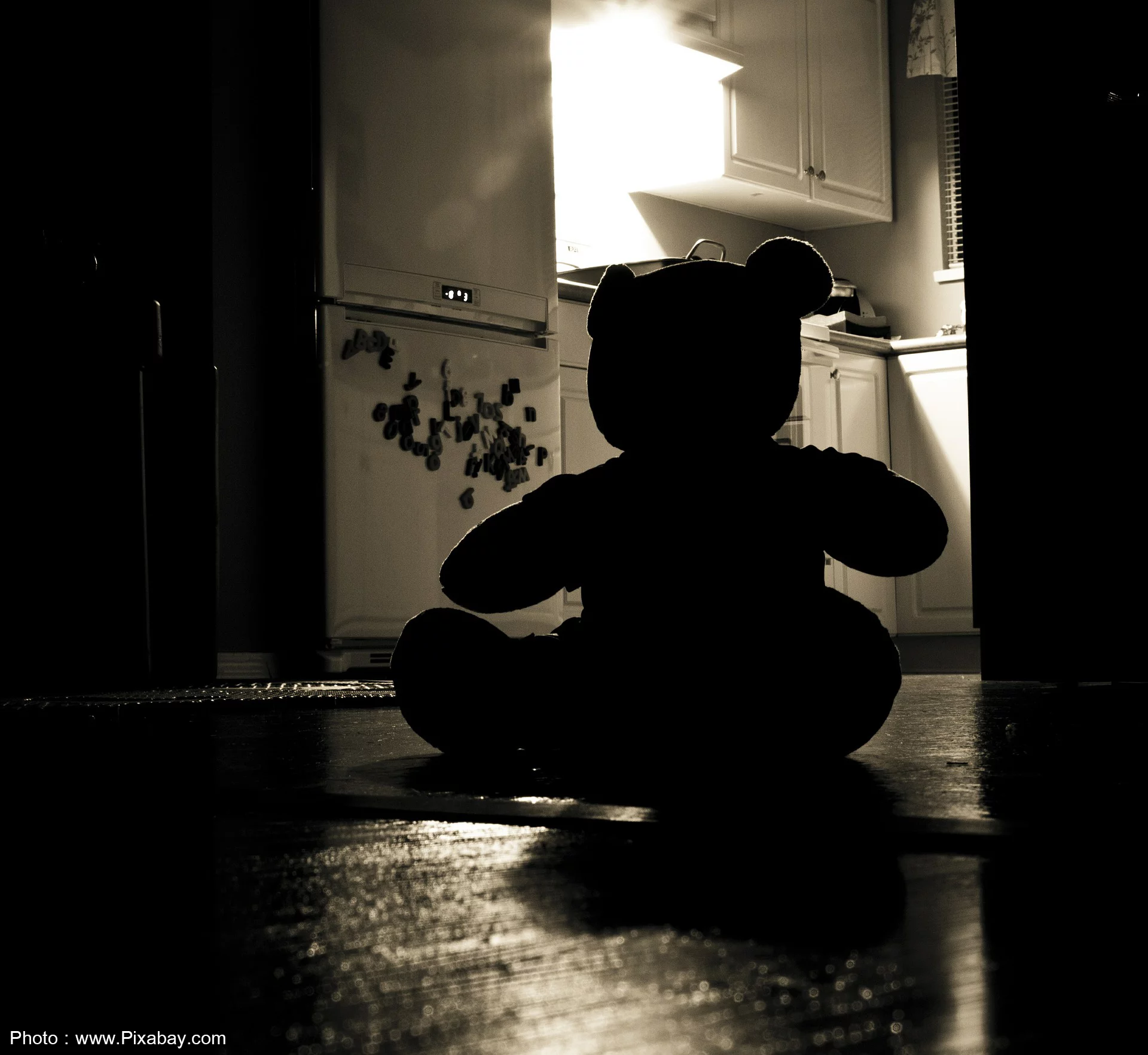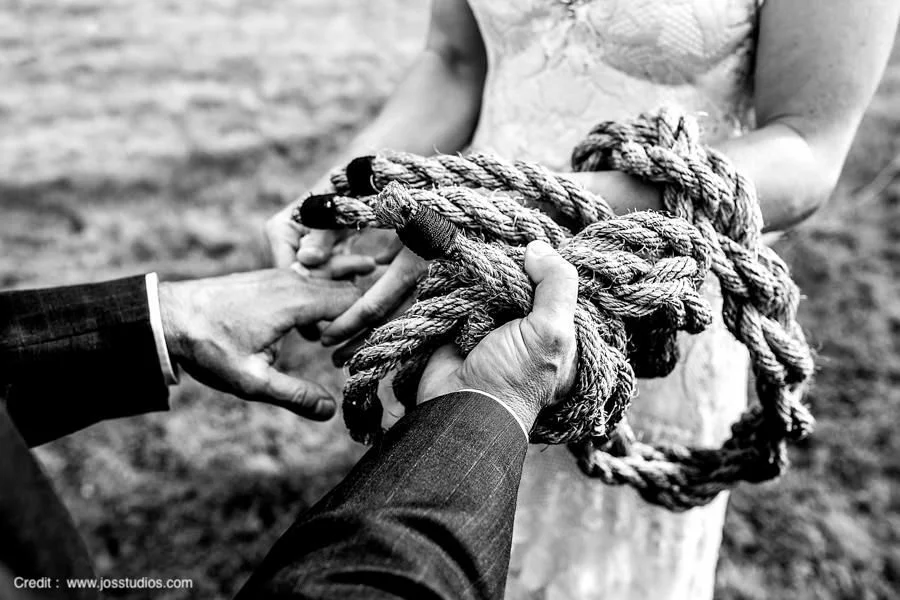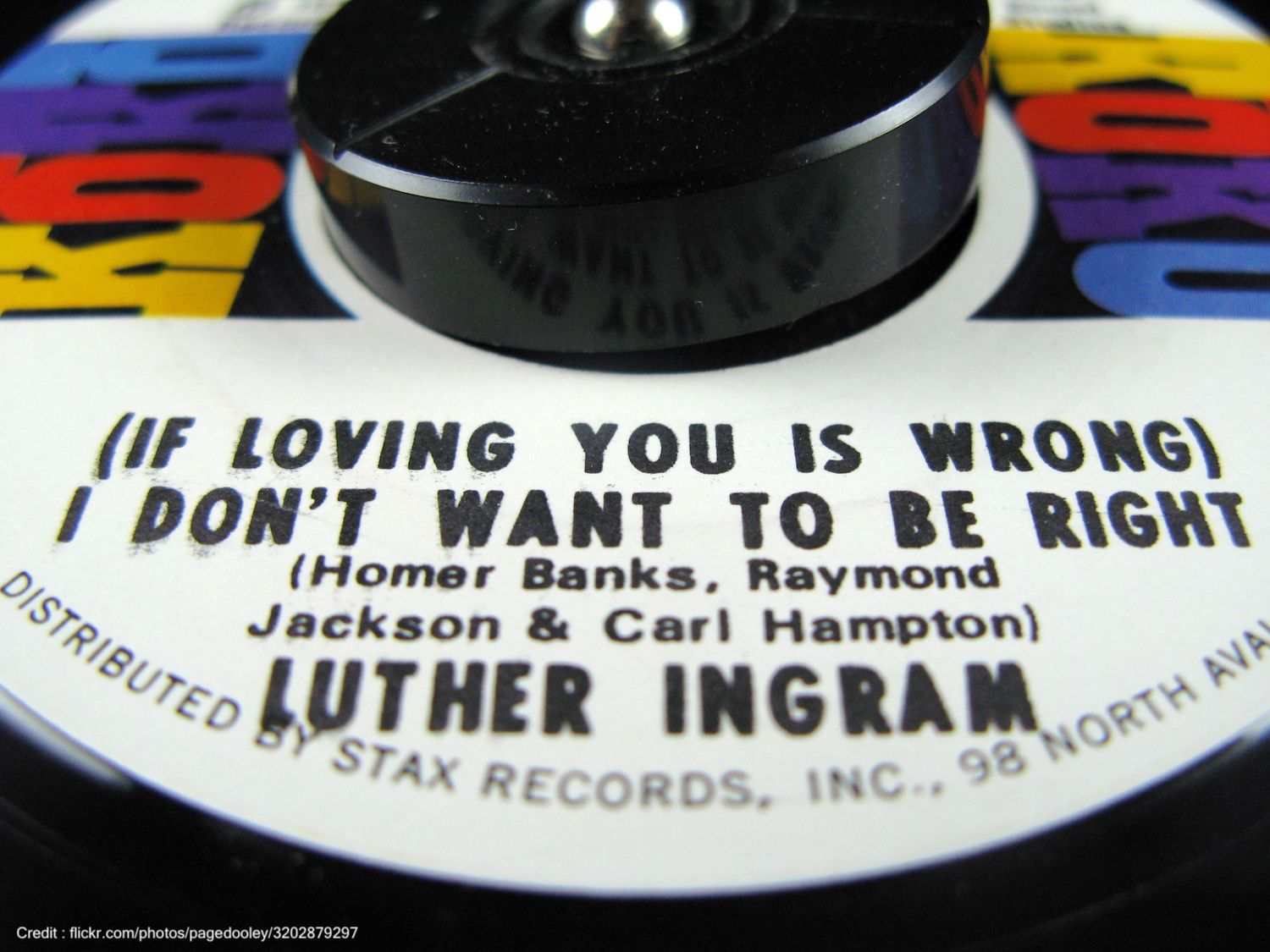Do you know someone who needs approval from others to feel good about themselves? Do they fall apart when someone offers constructive criticism? Maybe they are too clingy, or stay in bad relationships they should probably leave.
If you answered yes at least once, the person you are thinking about may have codependent tendencies. The good news is that codependency is treatable with counselling. Let’s explore what it is, what causes it, and how to overcome codependency.
What is Codependency?
Shawn Meghan Burn Ph.D defines codependency as a dysfunctional relationship where one person – the codependent – supports or enables another person’s drug addiction, alcohol addiction, gambling addiction, poor mental health, immaturity, irresponsibility, or under-achievement. The codependent relies excessively on other people for validation and a sense of identity. Their behaviours and choices revolve almost entirely around another person. Various psychiatrists label codependency as a disease, just like addiction.
Codependency can manifest in many different ways, but could be the husband who enables his wife’s alcohol addiction, the parent who allows their son’s irresponsible behaviour to continue, the girlfriend who lies to protect her abusive partner, or the overly clingy boyfriend who struggles to be away from his beloved for even the shortest time.
Helping a loved one handle their problems and supporting them no matter the cost makes the codependent feel needed and validated. They interpret dependence as committed love, even in unfulfilling or abusive relationships. Their deeply rooted desire to feel validated tricks them into believing dysfunctional bonds are healthy and emotionally intimate.
In reality, as Allison Pescosolido MA and Andra Brosh PhD point out, Nothing erodes self-esteem quicker than an unhealthy relationship. Many people remain in dysfunctional marriages because they believe that this is all they deserve. When bad things happen, they simply grit their teeth and tell themselves that they should be grateful for what they have. The idea of separation feels worse than any bad relationship for a codependent.

Codependency Signs and Symptoms
Codependents are sometimes unaware of how their behaviour negatively impacts themselves and those around them. They believe they are simply kind and caring people. The following are signs and symptoms of codependency:
- Your relationships are plagued by unhealthy dependency, intimacy issues, inadequate communication, control, denial, excessive reactivity, and inappropriate boundaries.
- You feel responsible for other people.
- You ignore, tolerate, or facilitate unacceptable behaviour.
- You feel angrier when other people are wronged than when you personally face injustice.
- You feel safe, secure, and comfortable when you are giving.
- Yet, you feel insecure and guilty if someone tries to give back.
- You do everything you can for your loved one, including setting aside your own needs.
- You keep helping even when you are unappreciated or ignored.
- You cannot stop thinking and talking about other people’s problems.
- You stay with abusive partners or tolerate unfulfilling relationships.
- You are unhappy when you are alone.
- You feel bored or worthless without a problem to solve, crisis to handle, or person to care for.
You would rather be in a bad relationship than be single.
What Causes Codependency?
One way children grow up to become codependent is by observational learning. Watching parents in codependent relationships teaches the child that codependency is normal, particularly if they identify closely with the codependent parent. They learn that this is what people in relationships do. Harmful self-sacrifice and caretaking is familiar and routine. Anything else is alien, so children of a codependent parent are prone to repeating the dysfunction throughout their lives – without even being aware of it.
Another way people become codependent is when they suffer from parental absence, neglect, or indifference. Children depend on parental figures to love them, care for them, and meet their needs. If those needs are unmet, a child will learn that they are unlovable or that people they love are undependable. A parent may be unable to meet their child’s needs if they are addicted to alcohol or substances, spend too much time away from home, or abuse family members. Codependent behaviours like people-pleasing, approval-seeking, and caretaking are learned as survival mechanisms by neglected, abused, or traumatised children.
What is the Difference Between Codependency and Caring?
Codependency describes helping or caring about someone to an unhealthy degree. A codependent defines themselves by the way they unfalteringly help their loved one. It gives the codependent’s life purpose and meaning. Their existence and self-worth are consumed by their caregiving role.
A person in a healthy relationship cares deeply about their loved one, but not to an unhealthy degree. Crucially, they do not define themselves by the care they provide. If their loved one exhibits negative or harmful behaviours, they help without enabling. They care and nurture, but doing so is not their reason for existence. They do not rely on validation from other people to feel happy. People in healthy relationships are fine when they are by themselves.

Personality Disorders and Codependent Pairing
Partners of people with borderline personality disorder often fall into a caretaker role. Being the sane one or the responsible one gives the codependent a sense of worth. Codependents also make ideal partners for narcissists who have an overwhelming need to feel important and special. In these cases, we can refer to codependents as co-narcissists. Co-narcissists are appealing to narcissists because they are attentive, obedient, and prioritise the narcissist’s needs above their own. Co-narcissist parents may even choose to stay in a relationship with a harmful narcissist instead of leaving to protect their children. Predictably, co-narcissist parents may develop codependent relationships with their kids, too.
Other mental health issues frequently observed in partners of codependents are mood disorders, including attention-deficit hyperactivity disorder (ADHD), obsessive-compulsive disorder (OCD), and manic bipolar disorder.
Codependency in the Home
Dysfunctional families are a cultural norm in the modern world. Such families may appear perfectly fine from the outside, but closed doors hide addiction, abuse, illness, trauma, and manipulation. Dysfunctionality in the home breeds codependence.
Parenting requires huge amounts of self-sacrifice and high-prioritisation of a child’s needs. Unfortunately, a parent can be codependent on their children if their caring or personal sacrifice is unhealthy or destructive. Children of codependent parents may feel they are forced to ignore or compromise their own feelings. In this way they may learn to be codependent themselves.
In the 2017 movie IT, Eddie Kaspbrak’s mother is codependent. She convinces her young son that he is suffering from multiple dangerous allergies. He takes copious medication and is hyper-aware of potential risk. Spoiler: all the drugs are placebos and Eddie is a healthy young boy. His mother believes she does this to protect her son from harm, but the viewer can guess she has an uncontrollable desire to feel needed and validated by her son’s dependence. The consequence? She stifles his development by limiting his exposure to the normal risks of childhood.
Children of narcissist and co-narcissist parents may be forced to endure harm and abuse from the narcissist, despite the co-narcissist’s best efforts to protect them. This creates a toxic environment in the home, harming the child’s psychological health.
The issues do not always evaporate after the child enters adulthood and leaves the family home. Codependent parents may rely on adult children in unhealthy ways, making them feel trapped, responsible for their wellbeing, and guilty for not being there enough.
If codependency is an issue in your household, you and your family will benefit from professional help. Codependency can be treated effectively with professional counselling.

The Three Stages of Codependency
Experts have defined three stages of codependency as follows:
Early Stage
Codependents become increasingly and unhealthily obsessed with someone. Problematic behaviour is denied or rationalised. Lost in their desire to please, the codependent may give up their own friends and activities.
Middle Stage
Anxiety, guilt, and self-blame increase. Self-esteem plummets as the codependent gives more and more into the relationship, but does not receive much back. Frustration, disappointment, and resentment grows. The codependent may attempt to change their loved one by nagging, blaming, or manipulating them. They may lie about their loved one’s behaviour to family and friends. The risk of engaging in harmful addictive behaviours like abusing substances, drinking too much alcohol, dieting or eating harmfully, gambling, or shopping excessively increase. Despite all this, the codependent’s obsessive, dependent, compliant behaviours also increase.
Late Stage
The symptoms of codependency affect physical and mental health. Stress-related disorders like insomnia, sciatica, headaches, muscle pain, digestive problems, eating disorders, and heart disease may emerge. If addiction is present, it worsens. Self-esteem hits rock-bottom and self-care is no longer important. The codependent feels hopeless, depressed, and angry, trapped in a cloudAi??of desperate despair. After this, it is rock bottom. The codependent needs help urgently.
No matter what stage a codependent is in, they can learn how to overcome codependency and heal with professional treatment.
Codependency and Addiction
Codependency and addiction are often closely linked. Many addicts feel lonely and unloved because they find it difficult to maintain relationships. They engage in risky behaviours, struggle with work, spend a lot of money fuelling their addiction, and frequently need constant emotional support.
A codependent partner will help an addict deal with work, money, and behavioural problems, offer unlimited emotional support, and enable the addiction. It could be a romantic partner, a friend, or a family member. The codependent may engage in substance abuse with the addict, too. It is also possible for both partners to exhibit codependent behaviours, but usually one person will be addicted and the other will support and enable them.
Codependent/addict relationships are breeding grounds for mental health issues such as depression and anxiety. Some individuals even suffer from panic attacks because their distress is felt so deeply.
Codependents and their addict partners can seek treatment at alcohol and drug rehab centres if they have the additional resources necessary to treat codependency. Private, group, and couples therapy is frequently used as a tool to diagnose and treat the addiction and the codependency simultaneously, but depend entirely on the needs of each person. Medication may be recommended to help with detox and to treat co-occurring psychological disorders like depression, anxiety, and PTSD.
Recovery for addict/codependent couples usually involves abstinence, awareness that addiction and codependency problems exist, acceptance of the problems and the work required to move forward, and finally behavioural changes. Such changes may include more effective communication, stopping enabling, and supporting each other in a healthy, loving way. At an alcohol and drug rehab centre with the extra facilities to treat codependency, qualified counsellors, psychologists, and psychiatrists will help you every step of the way.

Break the Cycle: How to Overcome Codependency
If you are codependent it is important to seek therapy. Symptoms are reversible with treatment. A professional psychologist will help you identify and talk about the thoughts, feelings, and behaviours you find concerning. The exact treatment required is unique to each individual, but may involve private therapy, group counselling, couple’s therapy, family counselling.
Therapy and medication may be considered alongside codependency treatment if you are struggling with other psychological disorders at the same time, like depression, anxiety, or childhood trauma. In therapy, you will shift focus from other people to yourself. You will rebuild your personal identity, grow your self-esteem, and assert ownership over your feelings, desires, and needs.
A counsellor will help you objectively examine the potential benefits and negative consequences of rejecting codependent relationships. You will learn how to form healthy relationships, establish reasonable boundaries, and stop enabling dysfunctional behaviours in loved ones.
Eventually, your happiness will not depend on anyone but yourself. You will be fully capable of independence and intimacy with a partner. You will have your own interests and goals and the creative energy to pursue them.
When you overcome codependence your self-esteem will soar. There is an empowered, confident version of yourself buried underneath your anxiety and need for external validation. With counselling, you will learn how to recognise destructive behaviours in your loved ones and how to deal with them in a healthy, effective, non-enabling way. You will also gain the strength to walk away from harmful, unfulfilling, or abusive relationships.
How to Overcome Codependency at The Dawn Rehab Thailand
The Dawn primarily treats addiction, codependency, and psychological issues by investigating the dynamics of the addict/codependent relationship using cognitive behavioural therapy (CBT), although other therapy types may be used if necessary. We ensure healthy boundary setting is discussed in great detail to prevent relapse after you return home. We also incorporate a dedicated family programme into each individual’s unique treatment programme if required.
At The Dawn, our experienced UK- and USA-trained counsellors will help you dig deep, explore, and address the reasons behind your codependent traits during private and group counselling. You will learn effective coping mechanisms and strategies to manage triggers and benefit from our aftercare support programme. We care deeply about your ongoing recovery and you can participate in face-to-face online counselling from anywhere in the world.
We also offer comprehensive dual diagnosis to effectively identify and treat co-occurring disorders like depression, anxiety, and PTSD with therapy and medication. Other psychological problems are often complexly linked with codependency and need treating at the same time.
If you think that you, someone in your family, or your loved one is codependent – or if you are in an addict/codependent relationship – it is important to seek effective, professional treatment. Contact us to begin your journey to recovery today.
Related Posts
 Telltale Signs of Codependency: The Relationship Between Addict & Codependent
Codependence is a psychological condition or a relationship in which a person with low self-esteem and a strong desire for approval has an unhealthy attachment to another person. They place...
Telltale Signs of Codependency: The Relationship Between Addict & Codependent
Codependence is a psychological condition or a relationship in which a person with low self-esteem and a strong desire for approval has an unhealthy attachment to another person. They place...
 Narcissist-Codependent Relationships: When Addiction Isn’t Just About Drugs and Alcohol
Narcissist and codependent relationships occur when two people with complementary emotional imbalances begin to depend on each other, leading to an increasing spiral of harm for both people. In many...
Narcissist-Codependent Relationships: When Addiction Isn’t Just About Drugs and Alcohol
Narcissist and codependent relationships occur when two people with complementary emotional imbalances begin to depend on each other, leading to an increasing spiral of harm for both people. In many...
 Love Addiction: 8 Signs You’re in a Codependent Relationship with an Addict
If you’re in a relationship with someone who suffers from addiction it can be easy to blame them for all the things that are going wrong in your life. Your...
Love Addiction: 8 Signs You’re in a Codependent Relationship with an Addict
If you’re in a relationship with someone who suffers from addiction it can be easy to blame them for all the things that are going wrong in your life. Your...
 Helping Vs. Enabling: When Helping Can Be Harmful
It feels good to help others, right? Unfortunately, your well-intentioned desire to help might be enabling your loved one’s addiction. Helping someone continue harmful behaviours is not helping them –...
Helping Vs. Enabling: When Helping Can Be Harmful
It feels good to help others, right? Unfortunately, your well-intentioned desire to help might be enabling your loved one’s addiction. Helping someone continue harmful behaviours is not helping them –...





